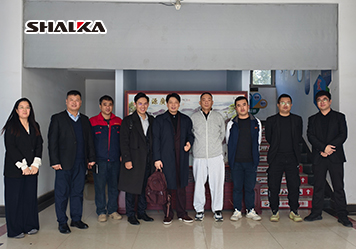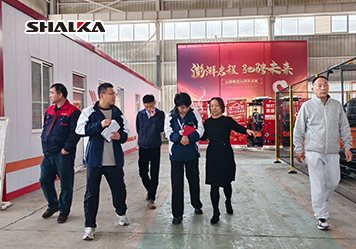Against the current background of increasing global environmental awareness, the forklift industry, as an important pillar of the logistics and warehousing sector, is actively exploring and implementing energy saving, emission reduction and circular economy strategies, aiming to achieve sustainable development through technological innovation and management optimisation. This series of initiatives not only helps to reduce the impact on the environment, but also brings long-term economic benefits and social value to enterprises.
Innovative Technology Driving Energy Saving and Emission Reduction
1. Electrification Transformation: More and more forklift manufacturers have started to develop and promote electric forklifts. Compared with traditional internal combustion engine forklifts, electric forklifts not only reduce tailpipe emissions, but also significantly reduce noise pollution, which is a key step towards low-carbon operations.
2. Intelligent Energy Management System: By integrating advanced sensor technology and data analysis platforms, forklift trucks can achieve more efficient energy use. For example, motor power output is automatically adjusted to adapt to load variations, avoiding unnecessary energy wastage.
3. Renewable energy application: Some forklift truck companies explore the use of renewable energy sources such as solar and wind power to charge or supply power to forklift trucks, which further reduces dependence on fossil fuels and realises the recycling of green energy.
Resource optimisation under the concept of circular economy
1. Product design and recycling: Adopt materials and structural designs that are easy to dismantle and recycle to improve the reparability and recyclability of products. For example, through modularised design, key components can be more easily replaced and recycled, extending the service life of equipment.
2. Reverse logistics and remanufacturing: Establishing a comprehensive reverse logistics system to collect and recycle used forklift parts for remanufacturing or reuse effectively reduces the generation of waste and saves costs for the enterprise at the same time.
3. Sharing economy model: Explore forklift leasing and sharing services to reduce the need for individuals to purchase new equipment and improve the utilisation rate of equipment, while also reducing overall resource consumption and environmental impacts
Social Responsibility and Industry Co-operation
The forklift industry actively cooperates with the government, research institutes and upstream and downstream enterprises to jointly promote the formulation and implementation of green manufacturing standards, share technical achievements and experiences in energy saving and emission reduction, and build a more open and cooperative industrial ecology.
Green manufacturing and circular economy practice in the forklift industry is not only a positive response to environmental protection, but also a forward-looking layout for future sustainable development. Through continuous technological innovation, optimised management mode and strengthened industry cooperation, the forklift truck industry is gradually moving towards a greener, more efficient and sustainable development path, contributing significant power to global environmental protection.



